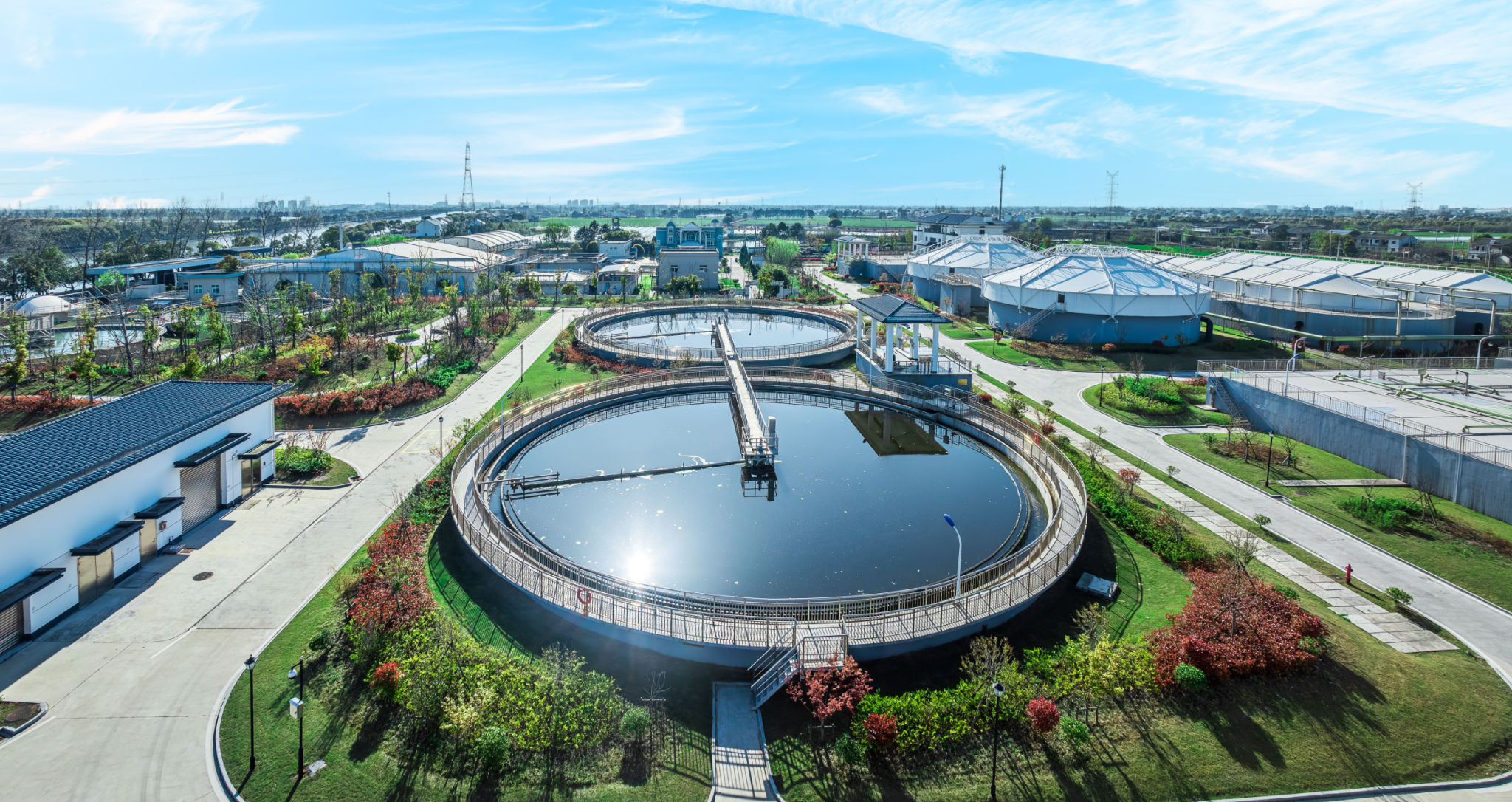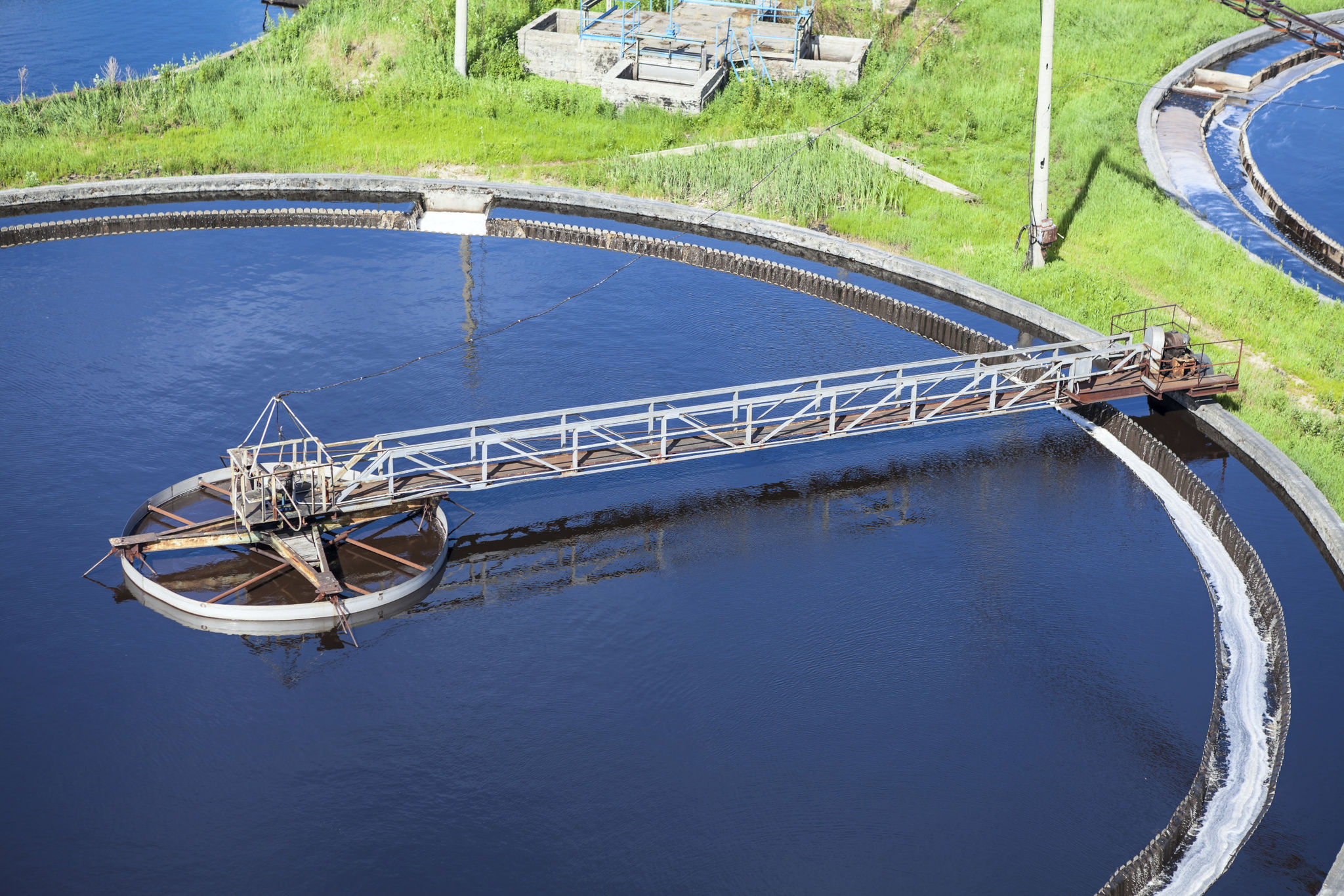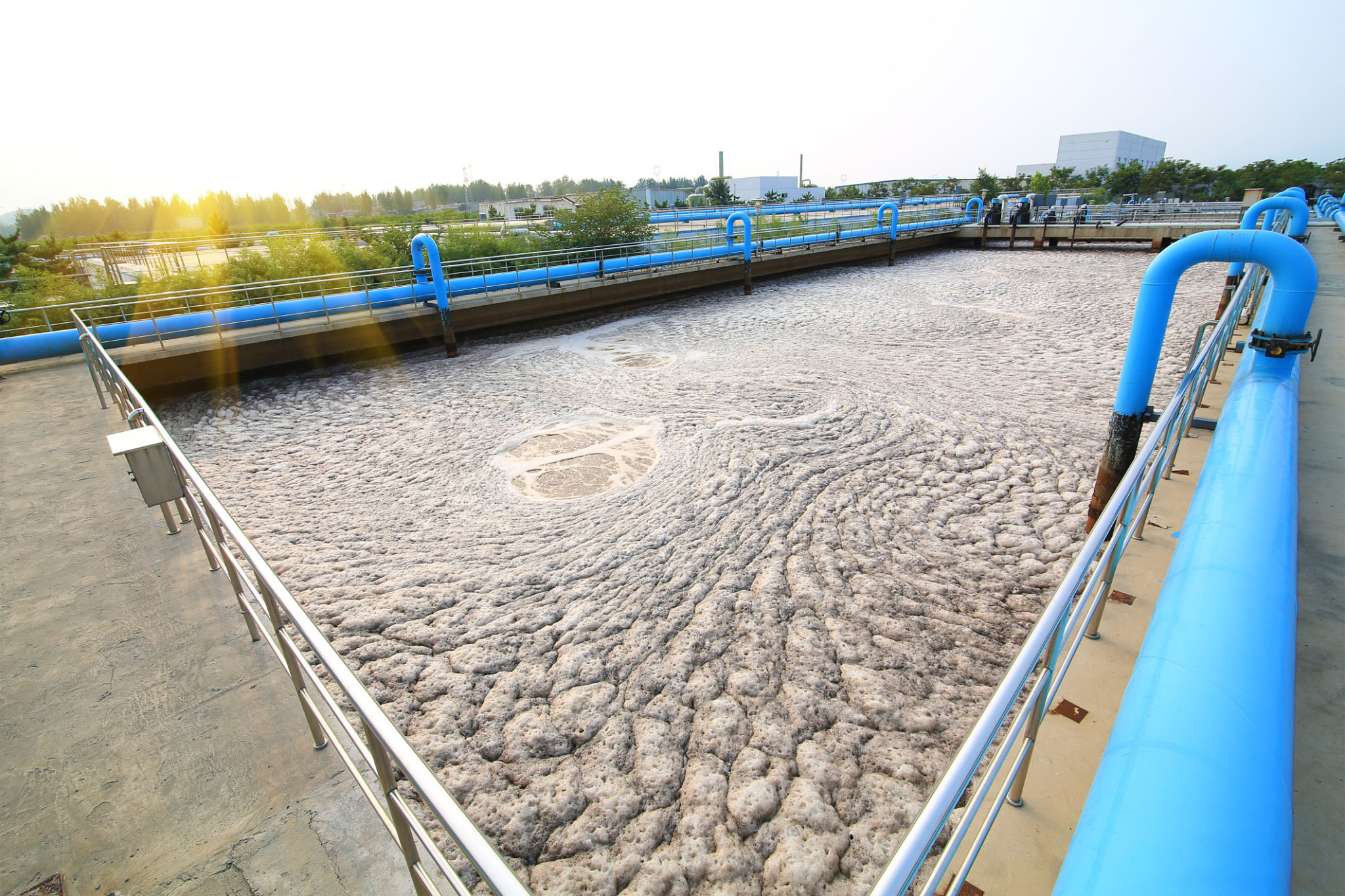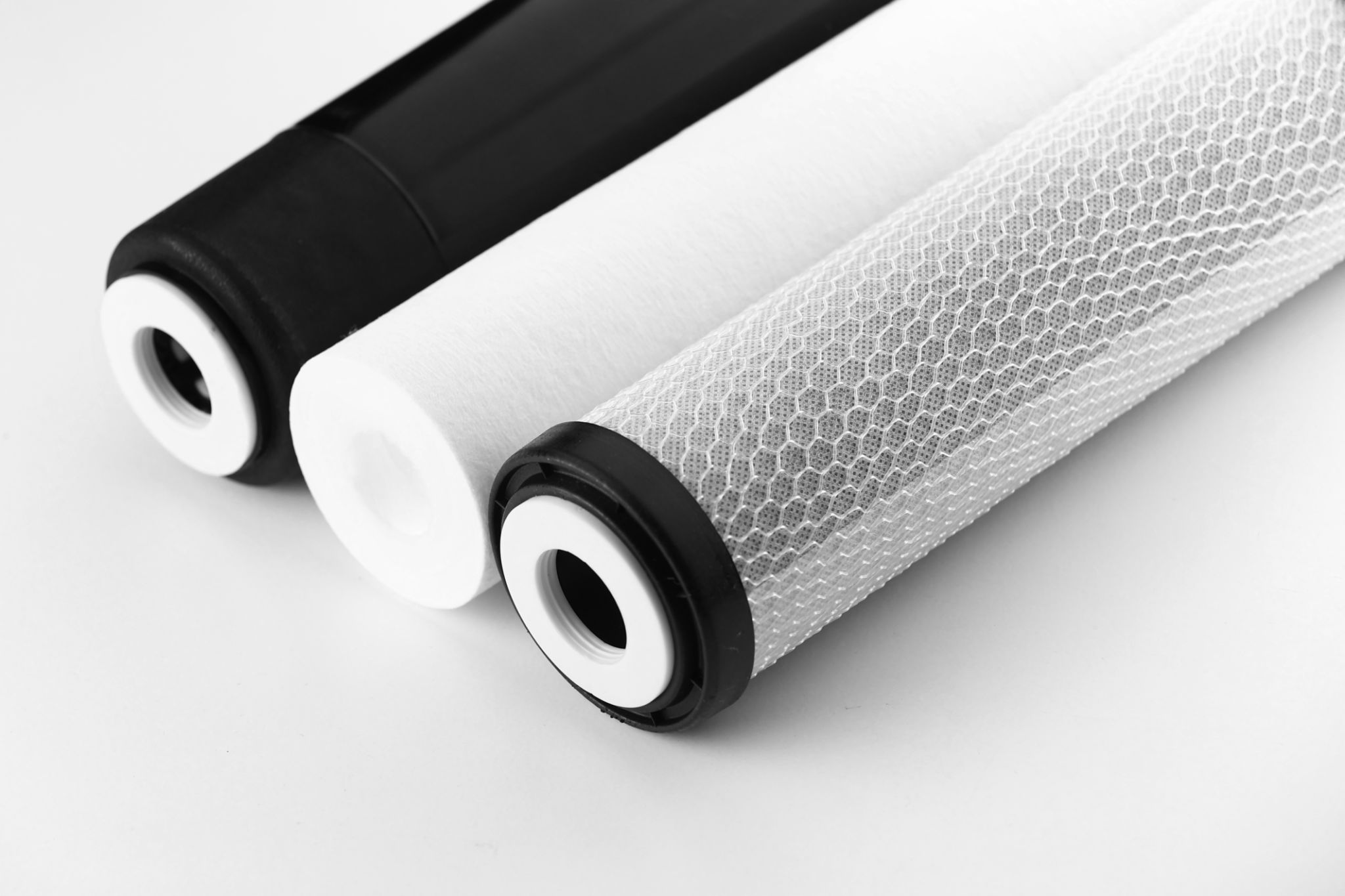Comprehensive Guide to Wastewater Treatment Technologies in Dover
Understanding Wastewater Treatment
Wastewater treatment is a crucial process that ensures the safe disposal or reuse of wastewater. In Dover, with its growing population and industrial activities, effective wastewater management is essential to protect local water resources and the environment. Wastewater treatment involves several technologies that help in removing contaminants, making water safe for discharge or reuse.

Primary Treatment Methods
The first stage in wastewater treatment is primary treatment, which focuses on removing large solids and organic matter. This process involves screening, sedimentation, and skimming. Screening is used to remove large debris such as sticks and plastics. Sedimentation allows heavier particles to settle at the bottom, while skimming removes lighter substances like oil and grease from the surface.
Screening and Sedimentation
Screening involves passing wastewater through screens to trap large particles. This step is crucial because it prevents clogging in downstream processes. After screening, the water moves to sedimentation tanks where gravity helps in settling heavier particles. This process significantly reduces the load on secondary treatment systems.

Secondary Treatment Technologies
Secondary treatment aims to remove dissolved and suspended organic matter from wastewater. Biological processes are primarily used, involving microorganisms that consume organic pollutants. The most common methods include activated sludge, trickling filters, and bio-towers.
Activated Sludge Process
The activated sludge process is widely used due to its effectiveness in breaking down organic matter. It involves aerating the wastewater in large tanks to promote the growth of bacteria that consume pollutants. This process not only reduces BOD (Biochemical Oxygen Demand) but also enhances nutrient removal, making it a preferred choice in Dover's treatment facilities.

Tertiary Treatment and Advanced Technologies
Tertiary treatment is the final stage, focusing on polishing the treated water to meet specific quality standards before discharge or reuse. It often involves filtration, disinfection, and nutrient removal processes. Advanced technologies such as membrane filtration and UV disinfection are increasingly being adopted in Dover for their efficiency in producing high-quality effluent.
Membrane Filtration
Membrane filtration uses semi-permeable membranes to separate impurities from water. This method is effective in removing fine particles, bacteria, and viruses, ensuring that the treated water is of high quality. In Dover, membrane technologies are being integrated into existing systems to improve overall treatment efficiency.

The Importance of Sustainable Practices
Adopting sustainable practices in wastewater treatment is imperative for long-term environmental health. In Dover, there is a growing emphasis on resource recovery, energy efficiency, and reducing carbon footprints in treatment facilities. These efforts not only contribute to environmental conservation but also offer economic benefits by lowering operational costs.
Resource Recovery
Resource recovery involves extracting valuable resources such as nutrients and energy from wastewater. Technologies like anaerobic digestion can convert organic waste into biogas, which can be used as a renewable energy source. Implementing such practices in Dover helps in creating a circular economy, where waste is transformed into valuable resources.
